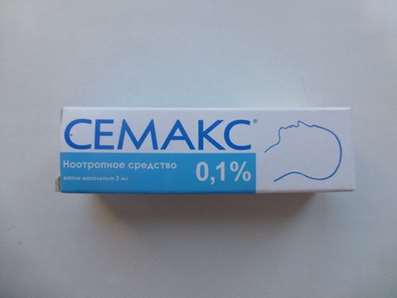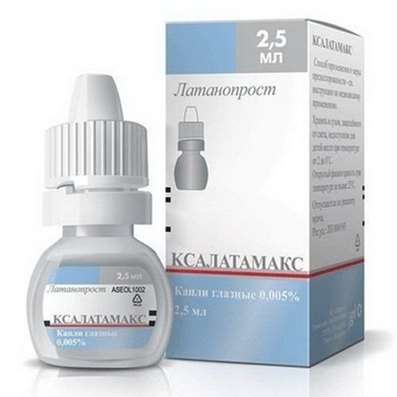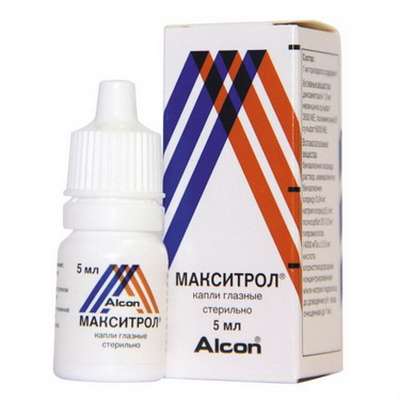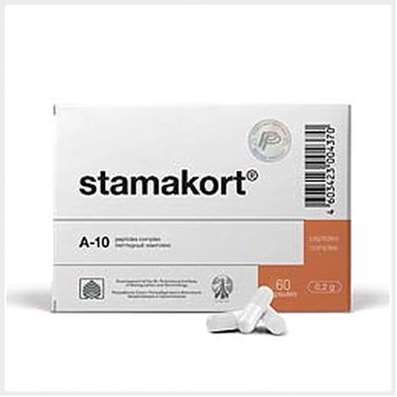Iodine
09 Dec 2016
Iodine is an important microcell which controls a metabolism and allows to increase immunity.
In bodybuilding iodine is appreciated its capability to support function of a thyroid gland which hormones (тироксин, triiodtironin) reduce fat percent in an organism and increase intensity of trainings, however excess of iodine can suppress development of tiroksin. Special significance is attached to iodine in Russia as the most part of the population receives less it with food.
Iodine in food. Content of iodine in regular foodstuff is small - 4-15 mkg of %. However sea fish contains about 70 mkg of %, in cod liver - to 800 mkg of %, in a sea cabbage depending on a type and the term of collection - 50-70000 mkg of %. But it is necessary to consider that in case of long-term storage and thermal treatment of food a considerable part of iodine (20-60%) is lost. Content of iodine in land plants and animal products strongly depends on its quantity in the soil. Therefore for the prevention of disease add a small amount of iodide of potassium to table salt (25 mg on 1 kg of salt). A storage duration of such salt no more than 6 months as in case of storage iodine disappears. You can also like Ovariamin.
Purchase of expensive additives with iodine is considered unjustified because the necessary amount of iodine can be received from regular iodinated salt.
Recommended doses
The need for iodine fluctuates within 50-200 mkg/days.
In case of insufficiency of iodine disease develops. Children of school age are especially sensitive to a lack of iodine. Excess of iodine leads to weakening of synthesis of iodide connections in a thyroid gland and to emergence of a hypothyroidism.
Content in food
Content of iodine in some foodstuff in the USA (1982 Ч 1989)
Product / Content of iodine, mkg for the portion
Flakes for a breakfast 87
Milk desserts 70
Fish 57
Milk 56
Dairy products 49
Eggs 27
Bread 27
Beans, peas, tuber crops 17
Meat 16
Bird 15

 Cart
Cart





